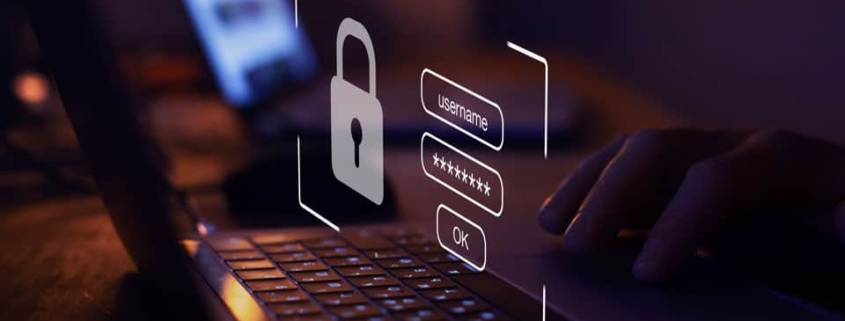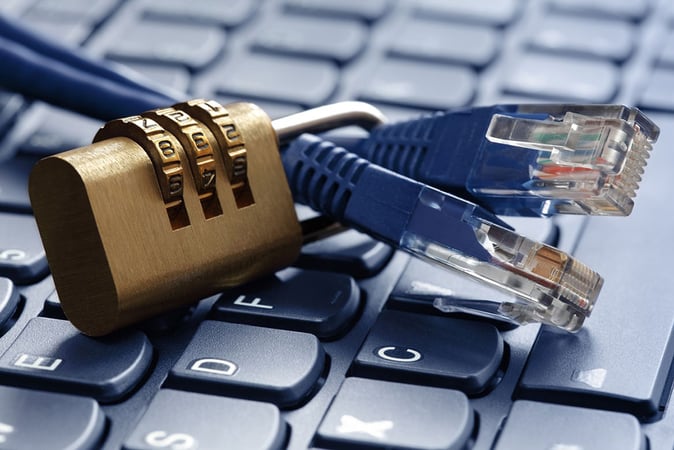Ransomware-as-a-Service: The Threat That’s Making Cyber Resilience More Important Than Ever
In late 2023, we covered the topic of cyber-attacks through a very detailed interview with Ram Elboim, CEO of Sygnia. As seen from that interview, the subject is dynamic, susceptible, and requires quite a lot of technical knowledge. The recent cyber-attack suffered by the British Library in London is a concrete example.
Due to ransomware – a program that, once installed, renders a system inaccessible – library services are unavailable, and sensitive user and employee data, including names, e-mails, and phone numbers, have been stolen. Usually, groups that carry such attacks demand a financial ransom to make the data accessible again.
Together with Sygnia and two of its leading figures, such as CEO Ram Elboim and UK and Northern Europe Manager Director Azeem Aleem, we will try to build on this example to understand other aspects of this complex and dangerous world.
The attack suffered by the British Library in London shocked everyone for several reasons. What happened? Who carried out the attack? Why does this attack represent such a big problem?
Azeem: “The cyber-attack on the British Library highlights how ransomware gangs, are leaving no stone unturned, attacking not only businesses of all sectors that have high-value data, but now academia too. It also shows the brutal nature of triple extortion attack methods – crippling business operations and stealing data, before putting it up for ransom and publishing the data. Academic environments typically have fewer security protocols, with under-invested security teams, and are riddled with unpatched software and apps, that when combined, create the perfect playing field for hackers.
The British Library is a national treasure with a collection that holds some of the World’s most prized manuscripts, music scores, sound recordings, and first-edition books, including William Shakespeare’s plays. In this case, the Rhysida gang, a relatively new but substantial ransomware group, shut down the British Library’s website, phone systems, and other onsite services, causing an outage before stealing user data and employee details – almost 500,000 files amounting to 573GB. Within a matter of weeks, the gang had threatened to…






